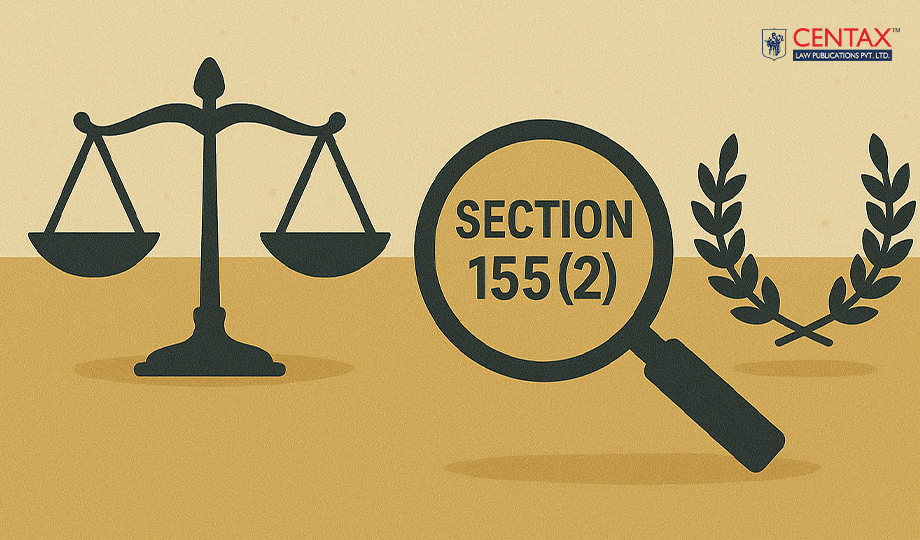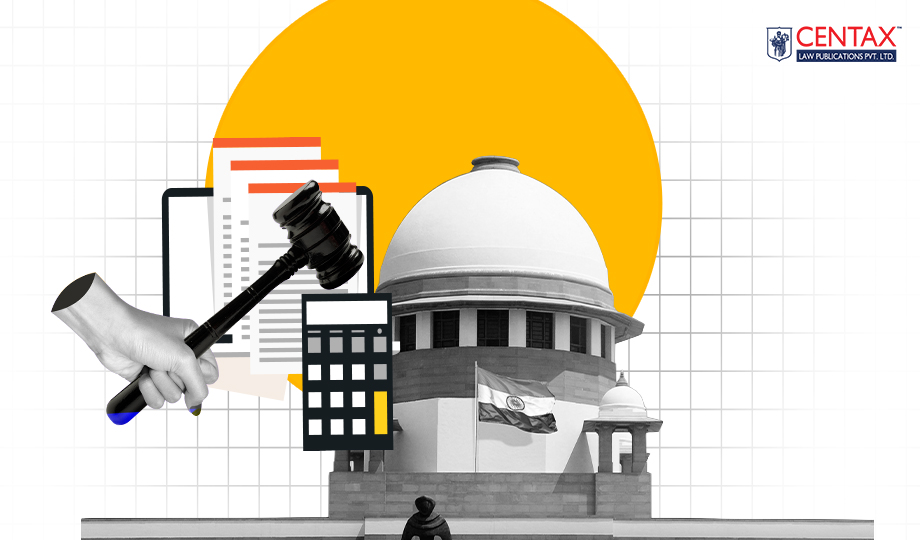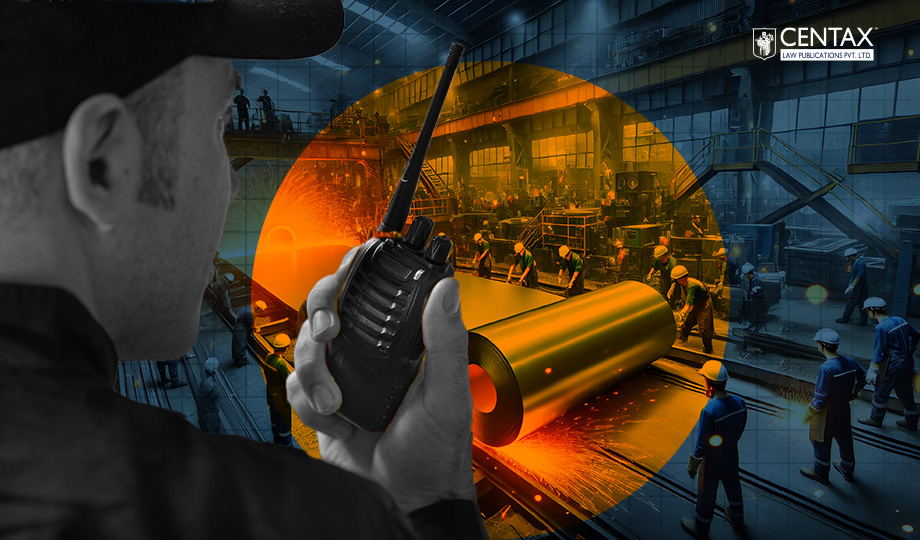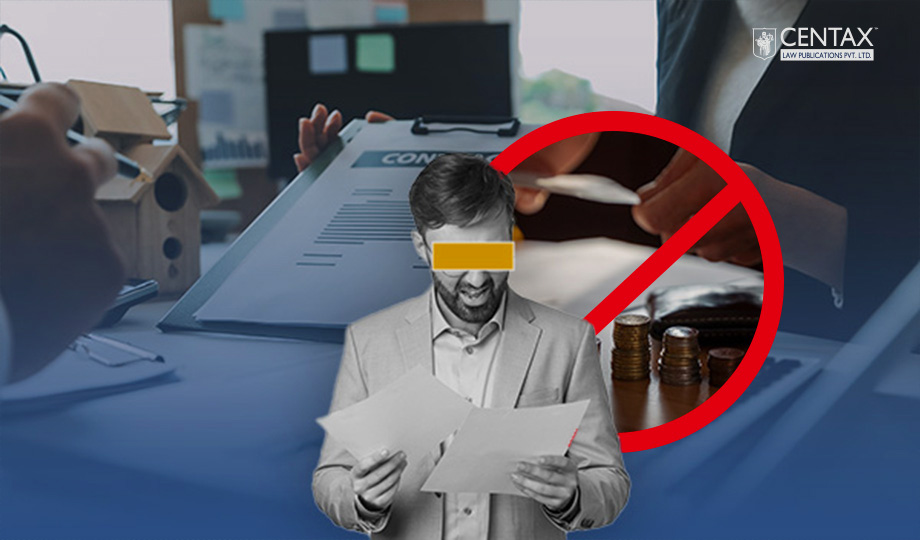
Case Details: Vinay Brij Singh Versus Commissioner of Customs (APSC), Mumbai (2025) 30 Centax 150 (Tri.-Bom)
Judiciary and Counsel Details
- S/Shri C.J. Mathew, Member (T) & Ajay Sharma, Member (J)
- Shri Sujay Kantawala, Adv., for the Appellant.
- Shri PRV Ramanan, Special Counsel, for the Respondent.
Facts of the Case
The appellants (Customs officers) were posted at the Airport Special Cargo Commissionerate and were involved in the assessment of goods at the Precious Cargo Customs Clearance Centre. They were issued show cause notices and named as noticees in adjudication proceedings under Sections 112 and 114AA of the Customs Act, 1962, for their alleged roles in facilitating smuggling. In reply, the appellants submitted that such proceedings were vitiated for failure to comply with Section 155(2) of the Act, which mandates prior sanction or specific notice before proceeding against officers for acts done in the discharge of official duty.
They argued that their actions were part of their designated functions and, therefore, protected as acts done in good faith. The adjudicating authority dismissed these submissions, concluding that the officers acted beyond the scope of their official functions and hence the protection under Section 155(2) was not available. It further held that limitation under the said section was not triggered in the facts of the case. The matter then reached CESTAT-Bombay.
CESTAT Held
The Hon’ble CESTAT held that proceedings initiated against Customs officers must strictly conform to the safeguards under Section 155(2) of the Customs Act, 1962, including the mandatory requirement of placing such officers on notice of the proposal to proceed against them. The Tribunal noted that the omission to apply this procedural safeguard undermined the legality of the proceedings. It clarified that the absence of express exclusion of Customs officers under Sections 112 and 114AA does not negate the protective framework of Section 155(2), and such officers remain entitled to its safeguards. The Tribunal emphasised that the trigger for limitation under Section 155(2) arises from the ‘accrual of cause’, a fact-intensive determination that must be filtered through the investigative process.
Unlike departmental disciplinary mechanisms that include structured inquiry and oversight, adjudication proceedings lack such institutional protections; therefore, they cannot proceed without strict adherence to legislated prerequisites. Highlighting that rule of law jurisdictions cannot tolerate omission of statutory safeguards, the Tribunal set aside the impugned order and restored the appellants’ right to have their submissions considered afresh in accordance with law. The appeals were thus allowed in favour of the appellants.
List of Cases Cited
- Chief Information Commissioner v. State of Manipur — 2012 (286) E.L.T. 485 (S.C.) — Followed [Para 14]
- Commissioner v. M.I. Khan — 2000 (120) E.L.T. 542 (Tribunal) — Referred [Para 7]
- Commissioner v. Rajiv Kumar Agarwal — 2007 (217) E.L.T. 392 (Tribunal) — Referred [Para 7]
- Public Prosecutor v. R Raju — 1978 (2) E.L.T. (J 410) (S.C.) — Referred [Para 8]
- State of Gujarat v. Paresh Nathalal Chauhan — (2024) 17 Centax 168 (S.C.) — Referred [Para 9]
- Union of India v. Kamlakshi Finance Corporation Ltd. — 1991 (55) E.L.T. 433 (S.C.) — Followed [Para 15]




















